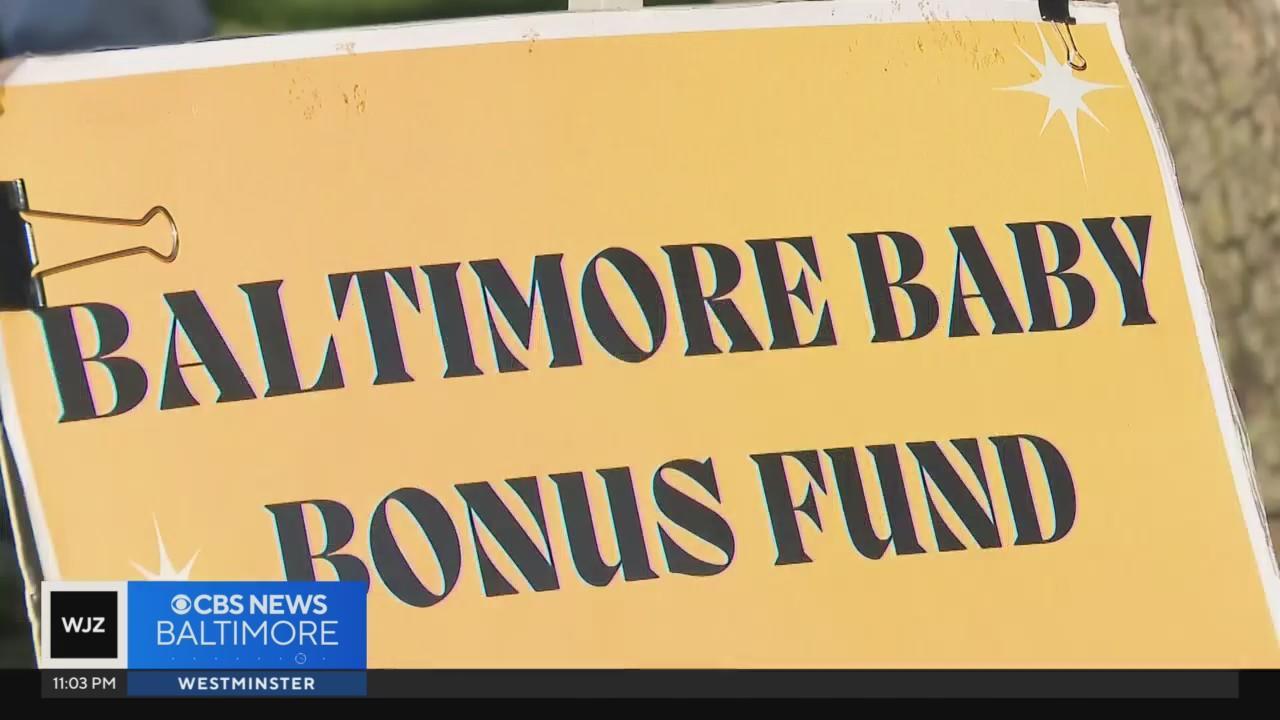Legal Battle Over Baby Bonus Initiative Heats Up
Constitutional Concerns and Advocacy for Direct Civic Engagement
(According to The Baltimore Sun), Mayor Brandon Scott and the City Council are in a legal battle to remove the Baby Bonus initiative from the upcoming ballot. The initiative supported by the Maryland Child Alliance suggests giving $1,000 to Baltimore residents for each child born or adopted to fight child poverty. Despite getting over 13,000 signatures and approval from the City Board of Elections Mayor Scott’s team argues the initiative acts like legislation and needs the City Council’s review including budget checks and public discussions.
The crux of the lawsuit revolves around the belief that if the Baby Bonus were to pass it would establish a precedent where voters can directly allocate specific funds a responsibility traditionally held by the City Council. The City Law Department’s legal action seeks an injunction to stop the initiative citing concerns over its constitutionality due to the direct financial appropriation without legislative oversight. On the other hand proponents of the Baby Bonus, including organizers from the Baltimore Baby Bonus Fund campaign see it as a pivotal tool in empowering citizens to directly shape local governance particularly in matters of social welfare and poverty alleviation.
READ ALSO: 20% Of Fresno Residents Live Below Poverty Line: California’s Guaranteed Income Programs Gain Momentum

$7 Million Baby Bonus Initiative: Baltimore Mayor and City Council Engage in High-Stakes Legal Battle Over Voter-Driven Fund! (PHOTO: CBS News)
Debate Intensifies Over Voter-Initiated Social Welfare Measures
The legal dispute underscores broader debates about the roles and responsibilities of local governance in addressing social issues through voter-initiated measures. While supporters of the Baby Bonus emphasize its potential to provide immediate financial relief and support to families facing economic challenges due to childbirth or adoption, opponents, including Mayor Scott’s administration highlight the importance of adhering to established legislative procedures to safeguard fiscal responsibility and ensure the initiative’s effectiveness in achieving its intended goals. Thus as the legal process unfolds the outcome of this dispute could significantly influence future policies and voter initiatives concerning social welfare and public expenditure in Baltimore.
READ ALSO: $15 Million In Tax Credits To Boost Pittsburgh’s Affordable Housing Market: 255 New Apartments Coming Soon!

















































